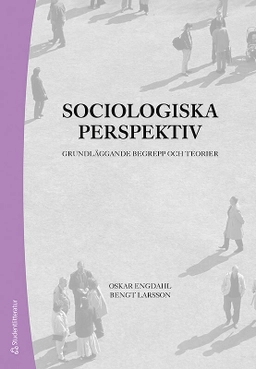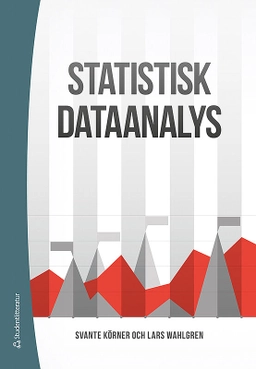

On the Pragmatics of Social InteractionUpplaga 4
- Upplaga: 4e upplagan
- Utgiven: 2002
- ISBN: 9780262582131
- Sidor: 216 st
- Förlag: MIT PRESS
- Format: Häftad
- Språk: Engelska
Om boken
Åtkomstkoder och digitalt tilläggsmaterial garanteras inte med begagnade böcker
Mer om On the Pragmatics of Social Interaction (2002)
I januari 2002 släpptes boken On the Pragmatics of Social Interaction skriven av Jürgen Habermas. Det är den 4e upplagan av kursboken. Den är skriven på engelska och består av 216 sidor. Förlaget bakom boken är MIT PRESS.
Köp boken On the Pragmatics of Social Interaction på Studentapan och spara pengar.
Referera till On the Pragmatics of Social Interaction (Upplaga 4)
Harvard
Oxford
APA
Vancouver



















